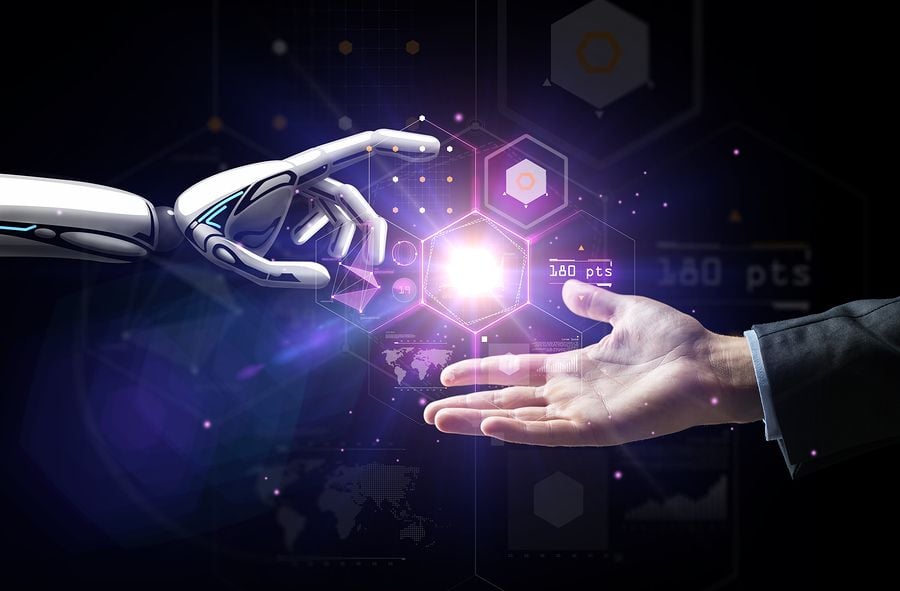
My Google Home is great. It allows my parents to easily play music with just their voice and answers amusing questions from my little brother. This is the current state of artificial intelligence (AI). AI is still very much in its infancy stage, but it remains one of the greatest accomplishments of the tech industry in the past few years. For quite some time, the industry has tried to push towards a digital, personal assistant that’s accessible to everyone, which is what we get in the form of Google Assistant in your kitchen to help you with your daily routine, Alexa in your bathroom to flush your toilet, and Siri on your phone to search the web for you when you just wanted to know the weather. However, now the tech giants are trying to push AI to the next level and make it into something that can actually address real-world problems through machine learning and improvise where required on its own towards a better solution. The main obstacle for the tech industry in the future is making the interaction between humans and artificial intelligence efficient and as seamless as possible.
In the past and present, the tech industry has faced widespread criticism over its data collection practices. User data can be highly valuable in developing a successful product or tailoring an existing one to an individual in order to help them even better. A perfect example is Google: Despite being one of the major data collecting companies, much of this information is also used to make their services more useful; for example, Google Maps uses anonymous bits of location data to display live traffic and Google Assistant can pull events from your Gmail or
Calendar upon your request. The sheer size of some of these tech giants makes it nearly impossible to avoid them entirely. So if nothing else, the greatest obstacle the tech industry has faced in the past few years has been building and gaining user trust with their personal data in exchange for useful services that assist them in their day-to-day lives. Moreover, this user data can pave the way to developing even more sophisticated artificial intelligence.
Future AI technology should not only be advantageous to humans but also be able to function on a social and moral level. In other words, artificial intelligence needs to work for humans and not against them. With an AI this sophisticated, self-driving cars could finally become mass market, homes could be more energy efficient, and doctors could even cure cancer. However, the tech industry must make sure that AI follows our principles as humans: it should be socially beneficial, avoid bias, be tested for safety, be accountable, and be held to high standards. Maintaining inclusion, balance, and neutrality in artificial intelligence are critical in taking it to the next level.
Whenever I use my Google Home, I’m reminded of the endless possibilities there are with AI. One day, artificial intelligence will be at the core of everything we do as humans, but the biggest challenge for the future is ensuring that it remains ethical and acts in ways beneficial to society.
About the Author
Carson Saldanha is a student at The University of Texas at Austin in the Class of 2023, majoring in Computer Science. Carson wishes to be a software engineer at Google, helping design Android for the next billion users, or would like to follow a career in artificial intelligence.

